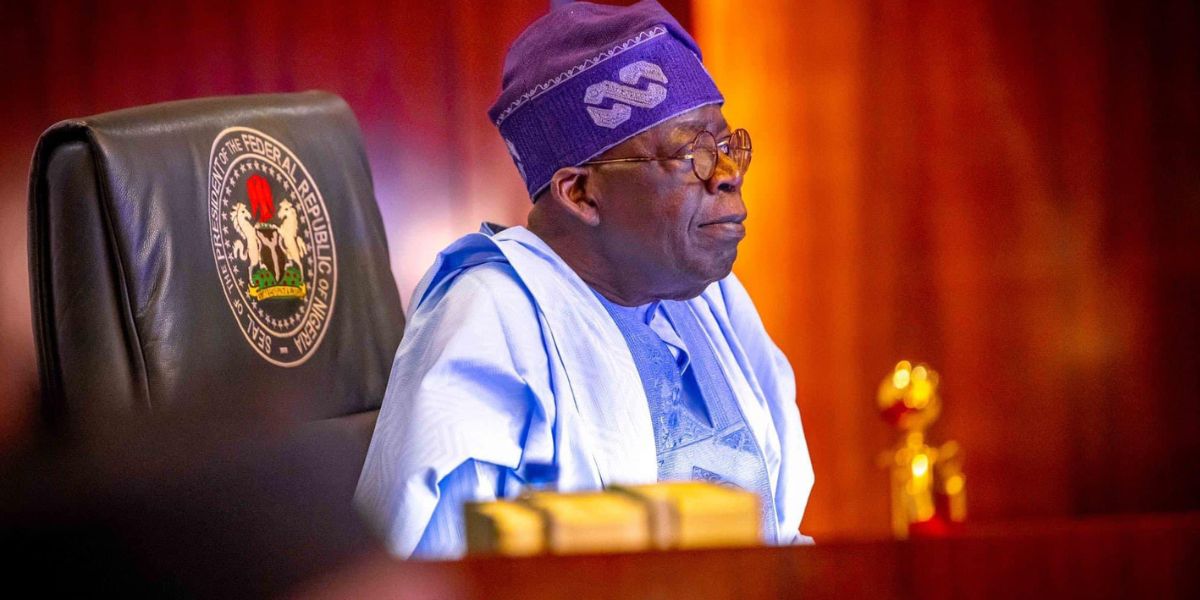President Bola Tinubu has approved a retirement package for service chiefs and generals, including $20,000 for foreign medical treatment, bulletproof SUVs, and domestic staff, among other perks.
However, these benefits have drawn criticism from the Nigerian Medical Association (NMA), the Medical and Dental Consultants Association of Nigeria (MDCAN), and the Nigerian Association of Resident Doctors (NARD).
According to the Harmonised Terms and Conditions of Service for Officers and Enlisted Personnel in the Nigerian Armed Forces, signed by Tinubu on December 14, 2024, the Chief of Defence Staff (CDS) and other service chiefs are entitled to a bulletproof SUV, to be replaced every four years and maintained by the military. They are also entitled to a Peugeot 508 or an equivalent backup vehicle.

Additionally, retired generals will enjoy annual international and local medical treatment worth up to $20,000, domestic aides, and residential guards. For the CDS and service chiefs, while their specific medical entitlements were not detailed, it is assumed they will exceed those of other officers. They will also receive a personal assistant or special assistant, three service drivers, a service orderly, and escorts as needed. Each service chief will further be provided with five domestic aides, including two cooks, two stewards, and one gardener, as well as an aide-de-camp or security officer.
Other officers, such as lieutenant generals, are entitled to two Toyota Hilux vehicles or one Toyota Land Cruiser, $20,000 annual medical treatment, and similar domestic and security arrangements. For major generals, brigadier generals, and one-star officers, the retirement packages include vehicles such as a Toyota Land Cruiser or Toyota Camry, along with annual medical benefits ranging from $10,000 to $15,000, depending on rank, and domestic and security staff. Colonels will receive a Toyota Corolla or its equivalent and free medical care within Nigeria.
Critics, including NMA President Prof. Bala Audu, have questioned the inclusion of foreign medical treatment in the package, emphasizing the need to invest in Nigeria’s healthcare system. “Retirement benefits, including medical treatment, should be invested in Nigeria,” Audu said, urging the government to prioritize local facilities over foreign healthcare. MDCAN President Prof. Muhammad Muhammad echoed similar concerns, noting that such policies reflect a lack of confidence in Nigeria’s healthcare sector. “If they travel abroad for treatment, it is often Nigerian doctors they meet there. The government must upgrade local healthcare to meet these standards,” he added.
NARD President Dr. Tope Osundara highlighted the detrimental impact of medical tourism on Nigeria’s health system, stressing the need to invest in local hospitals. “Rather than spending money abroad, the government should focus on equipping hospitals and training healthcare professionals locally,” Osundara argued.
Civil society groups also criticized the extravagant perks. Accountability Lab Nigeria Director Friday Odeh described the retirement benefits as “alarming,” questioning their justification given the nation’s economic hardships. “Millions of Nigerians are struggling, yet resources are being funneled into luxuries for a privileged few,” Odeh remarked, adding that the performance of the armed forces in addressing insecurity does not warrant such perks.
Okechukwu Nwaguma, Executive Director of the Rule of Law Advocacy and Accountability Centre, expressed concerns about the fairness of resource allocation. “The government’s decision to grant excessive perks amid economic hardship shows a disconnect with the struggles of ordinary Nigerians,” Nwaguma said. He warned that such policies could deepen public distrust and alienation.
The critics called for a review of the retirement benefits and urged the government to focus on improving healthcare, security, and welfare systems for the general populace. They emphasized that effective governance requires policies aligned with the needs and realities of the citizens.




